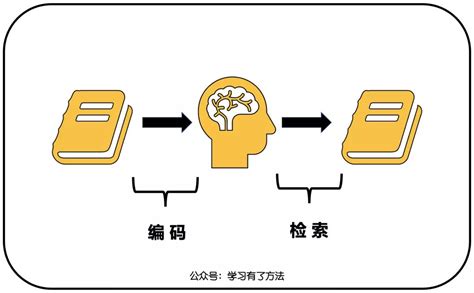不断重复一句话的心理反应
Title: Understanding and Coping with Repetition in Psychology
Repetition, a phenomenon ubiquitous in human behavior, holds significance in psychology, influencing cognition, learning, and even emotional responses. This article delves into the intricacies of repetition psychology, exploring its mechanisms, effects, and strategies for coping.
1. Understanding Repetition in Psychology:
Repetition refers to the act of doing or experiencing something repeatedly. From daily routines to habitual behaviors, repetition permeates various aspects of human life. In psychology, repetition encompasses a broad spectrum of phenomena, ranging from simple motor tasks to complex cognitive processes.

2. Mechanisms of Repetition:
The brain plays a pivotal role in processing and responding to repetition. Through mechanisms like synaptic plasticity and Hebbian learning, repeated stimuli strengthen neural connections, leading to enhanced efficiency and automatization of tasks. Furthermore, repetition primes cognitive pathways, influencing perception, memory, and decisionmaking processes.
3. Effects of Repetition on Behavior:
Repetition exerts profound effects on behavior and cognition. It facilitates skill acquisition, enabling individuals to perform tasks with greater ease and accuracy over time. However, excessive repetition can also lead to monotony, boredom, and diminished engagement. Moreover, in the realm of memory, repetition enhances recall through mechanisms such as the spacing effect and the testing effect.
4. Emotional Responses to Repetition:
Repetition can evoke varied emotional responses depending on context and individual differences. While familiarity and predictability may induce feelings of comfort and security, excessive repetition can breed contempt or apathy. Moreover, traumatic experiences characterized by repetitive patterns may lead to heightened stress, anxiety, or even posttraumatic symptoms.
5. Coping Strategies for Dealing with Repetition:
a.
Embrace Variation:
Introducing variability within repetitive tasks can reignite interest and engagement. Experimenting with different approaches or adding novel elements can prevent monotony and enhance motivation.b.
Mindful Awareness:
Cultivating mindfulness can foster a heightened awareness of repetitive patterns, enabling individuals to recognize and disrupt automatic responses. Mindfulness practices, such as meditation and deep breathing exercises, promote presentmoment awareness and facilitate adaptive coping.c.
Seek Meaning and Purpose:
Infusing repetitive tasks with meaning and purpose can imbue them with greater significance, fostering intrinsic motivation. Connecting repetitive actions to overarching goals or values can instill a sense of accomplishment and satisfaction.d.
Breaks and Rest:
Incorporating regular breaks and periods of rest into routines allows for mental rejuvenation and prevents burnout. Scheduled intervals of relaxation promote cognitive refreshment and sustain longterm productivity.e.
Challenge Assumptions:
Questioning assumptions and reframing perceptions about repetition can alter one's relationship with repetitive experiences. Viewing repetition as an opportunity for growth and refinement rather than a source of monotony can foster resilience and adaptive coping strategies.6. Conclusion:
In conclusion, repetition pervades various facets of human experience, exerting profound influences on behavior, cognition, and emotion. By understanding the mechanisms underlying repetition and employing effective coping strategies, individuals can navigate repetitive experiences with resilience and adaptability, fostering personal growth and wellbeing.











